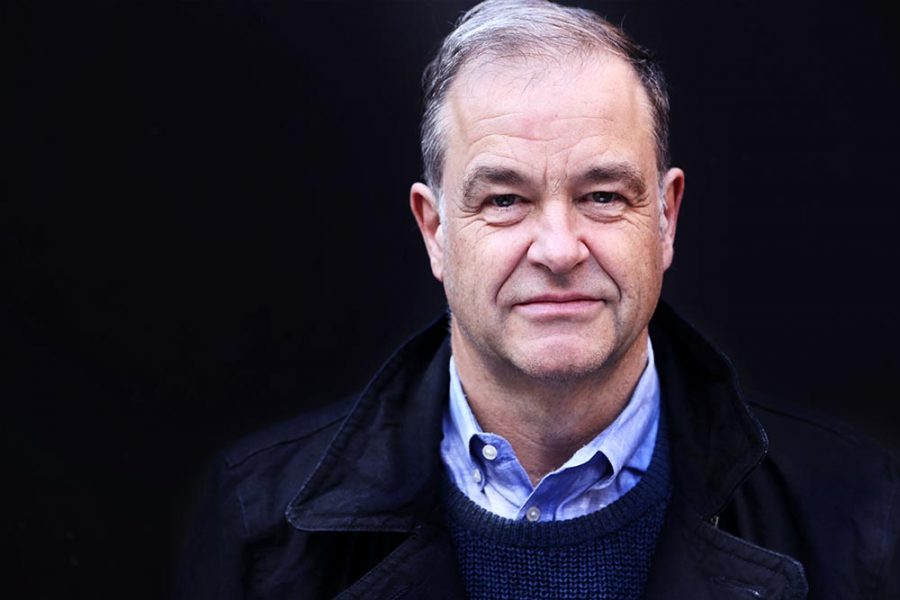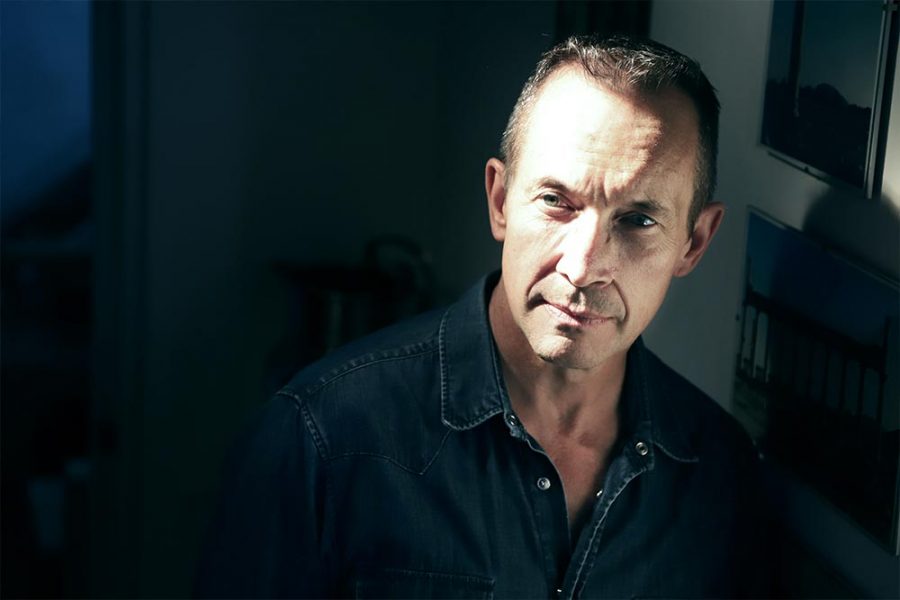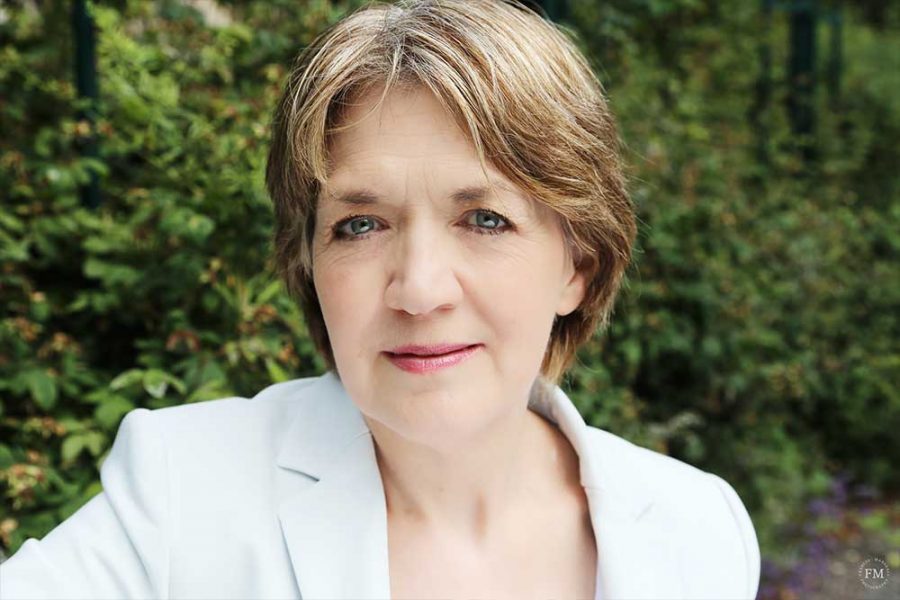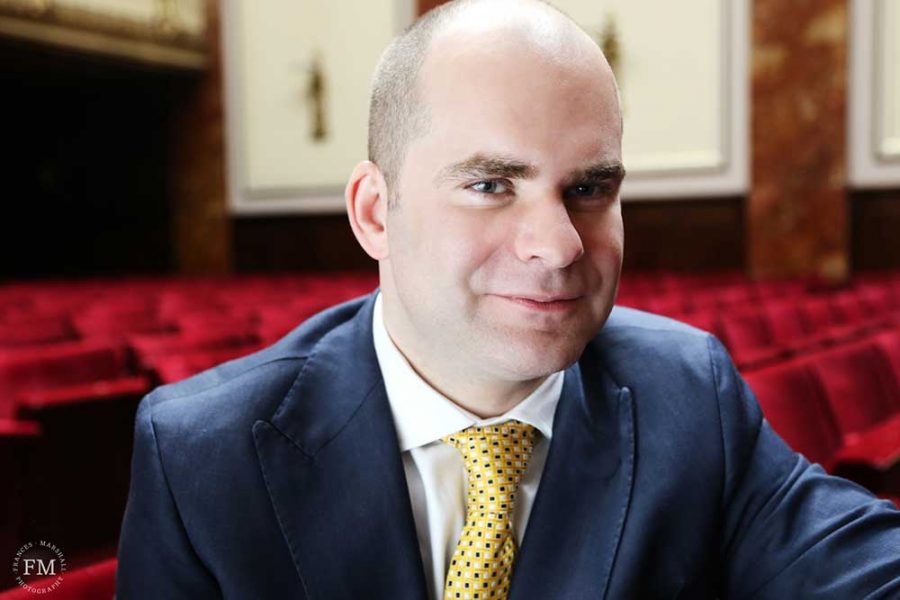Flying High: Iestyn Davies

December 2018
Interview and photos by
Frances Marshall
Share this article
Bach equated the countertenor to the sound of the ‘Holy Ghost’, however Iestyn Davies has been successfully challenging the public perception of the countertenor throughout his fast-climbing journey to the top.
Described as ‘spellbindingly beautiful’ by The Times, Davies is arguably one of the world’s most renowned countertenors. We met with Iestyn in New York to talk gender norms, stage fright and how to curate your own career. Plus, he gives invaluable advice for young singers about working with agents and how to prepare for a performance.
I was singing with the girls until my voice broke and I was petrified. I’d be hoping to snog one of them at the next disco and here I was sounding like a girl beside them during the day."

Who was the first person to expose you to the world of classical music?
My parents, in particular my Dad. He was in a quartet based in York (UK) called the Fitzwilliam String Quartet. They had a residency at York University for over 20 years and that’s why I was born in York. Every day my Dad played the cello for several hours and on my way home from primary school I would walk up to the music department of the university and sit outside listening to the rehearsals.
My parents also sent me to be a chorister in Cambridge when I was seven. It could have gone either way; I could have hated it and become a rebel, but I didn’t – it really worked for me and for that I’m grateful.
When did you realise that you were a countertenor? And was it always obvious?
When I was a kid, I never learned to sing with a teacher, it was all through osmosis and imitation of the other boys in the choir. So when you do it this way, by the time your voice breaks, you’ve learned a musicality that can’t really be taught.
When my voice broke I was left with no instrument. Eventually I started to sing bass in a school choir at 17, but I was getting bored so I would start singing along with the alto line. My brain wasn’t thinking falsetto or anything like that, I was just doing it. The boy beside me said, ‘that sounds alright’, and I said ‘ok’ and I started singing this repertoire.
I was taken to Malcolm Archer, who was the Wells Cathedral choir master; he told me to come along once a week and see what it was like to sing countertenor. I took him up on it and then I went to Eton Choral courses in the summer. I also had to learn technique so I wasn’t singing like I did as a treble. It wasn’t until I was 25 that I felt comfortable in falsetto.
When we’re talking about gender norms today, you perform in front of thousands with what would be deemed to be a feminine sound. Have you ever been conscious of that?
The only time I ever felt vulnerable singing was when I went through puberty. I was singing with the girls until my voice broke and I was petrified. I’d be hoping to snog one of them at the next disco and here I was sounding like a girl beside them during the day. So as a kid I found that a bit scary.
Countertenors were not an oddity to me growing up. I was very aware of the voice type from choir, so it was never something that I thought was strange. Some teenagers who would have had a different background to me will listen to my voice and react in a really surprised way. But if I perform for young children, for example in the Wigmore Hall workshops, there’s no reaction – they just listen. My voice type found me, and I saw it as a superpower not as something to be embarrassed about. After my voice broke it was the first time that I felt connected to what I knew I was supposed to be.
What’s it like being constantly compared to a castrato, does it get awkward?
There’s an automatic connection between the two. We don’t have an idea of what they sounded like, except for the horrendous single recording that has been preserved. We could argue that a castrato sounded closer to a mezzo – Handel wrote dramatic roles for castrati, but unfortunately they became expensive to hire and diva-like.
The obsession frustrates me and it’s not comparing like with like. A castrato is a person who has been altered physically by a procedure that has an enormous effect on the body and the voice. My voice is a natural sound from an unaltered body, so to put countertenors in that category is inaccurate.

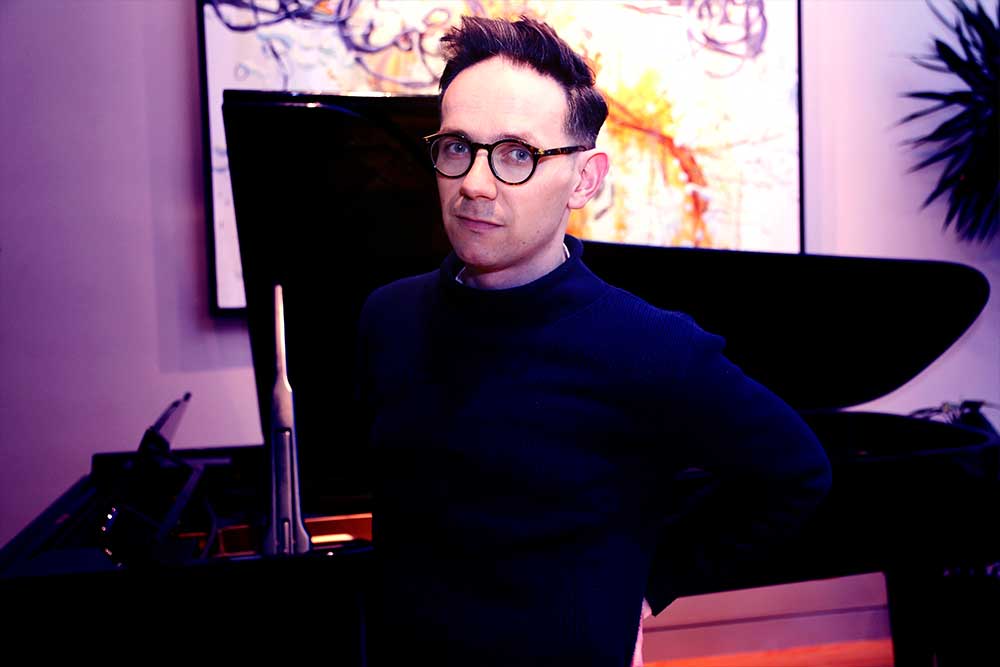


You have an MBE, 3 Gramophone Awards and a GRAMMY, how have these recognitions altered your career?
Actually for the GRAMMY I didn’t win it myself, the recording did, I just happened to be on it. The real impact is that a lot more people are going to hear it, so you need to be happy with your performance. It has made me more conscious in recordings that these files are there forever.
The GRAMMY is the award that crosses over into mainstream so it was a useful PR tool when I was working on Broadway for audiences who may not be classical music fans. However, the MBE is really special to me as it’s a collective letter that other people write to nominate you, it’s so lovely and personal.
What’s the difference between performing on Broadway and a classical music venue?
The difference is that you’re doing a lot more performances than you would in an opera. Also, the entire theatre generally puts on the production for a lengthy time and that’s all that happens within the theatre. So everyone, from the performers to the ushers, are part of a big family and it feels more like the 9–5 job. It’s a nice difference because you feel less grand and part of a bigger machine. In an opera house or concert hall you’re always a guest.
On broadway, you’re performing everyday so I need to get enough recovery time when I sleep, warm up in the morning and then the preparation. Another difference is that the acoustic of the theatres is often designed for speech, so it can be a little dry for an unamplified voice. You have to accept that the audience is going to hear something different out there.
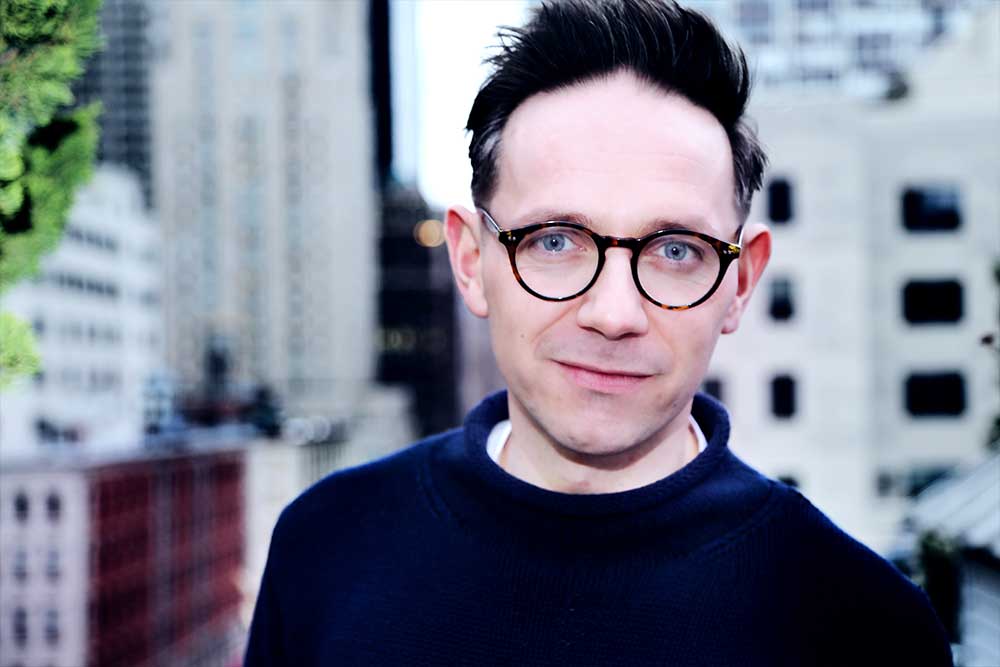


You don’t think about the bad days when you’re in your 20’s, but as you get older It’s so important to just look after yourself if you want a long career in this world."

What’s your show day routine?
I like to be prepared as early as I can, especially if I have a rehearsal that day. If the rehearsal is at 2pm, I’ll warm up at 10am to give the voice a chance to settle. If you do it in a rush just beforehand, you’re guaranteed to have a bad day because you’re not going to make the best sounds and that will annoy you. Also, putting the voice under that sort of strain is setting yourself up for an injury. So I always try to get the cobwebs out as soon as I can. Then I’ll refresh what I’m meant to be singing, especially if I’ve had a couple of days off.
I try to drink about 3–4 litres of water a day because it has a big effect on they way you feel, on your skin and on your voice. When you see singers standing around with a bottle of water while they’re singing, it’s a complete waste of time because it takes three hours to get into your system – it’s good to aware of that in the morning when you’re preparing.
Obviously eating just before you go on stage isn’t a good idea because you’re so full and the types of food you eat will make you feel more tired. I’ve really noticed the difference as I’ve gotten older – singing is a young man’s game. You don’t think about the bad days when you’re in your 20’s, but as you get older It’s so important to just look after yourself if you want a long career in this world.
What challenges have you faced during your career?
A few years ago I had a hernia. My stomach was moving up my oesophagus and causing a lot of acid reflux, and my voice was literally vanishing for about five minutes and then coming back. It happened during a stint at Glyndebourne, which wasn’t ideal. It turned out my cousin Neal Davies, also an opera singer, had the exact same thing. I know a couple of other opera singers who had it and they all sung Handel. Maybe it’s the fast coloratura… So after that I became very aware of the effect of diet and lifestyle on my career.
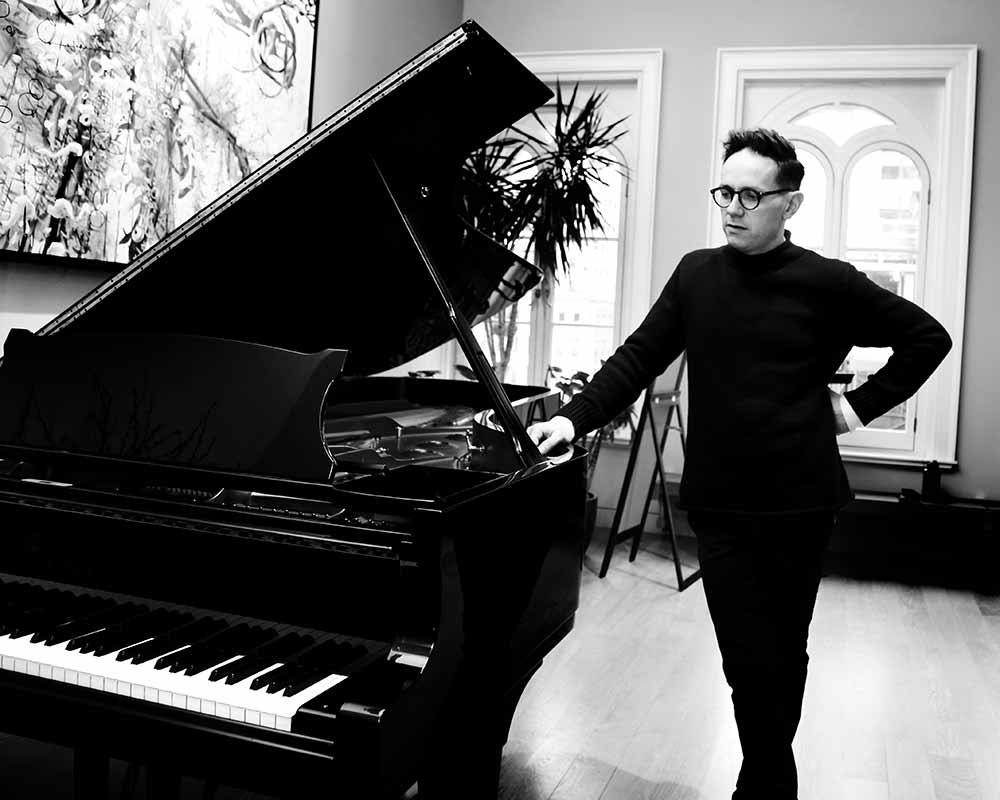

How do you deal with stage fright, and when it happens do you recover easily?
I feel much better on stage than just before I go on. In the moment of performance, your nerves are turned into energy. Being tested in public brings out a different part of your personality, which you don’t have backstage because there’s no one there.
I always did well in exams, which is another way to be tested in public. In college, you revise and take the test and if you do well people believe that you’ve done a three year degree when all you’ve actually done is answered three questions. That attitude is valuable for singing because there’s always going to be that gig where you don’t feel you’ve memorised enough, it’s unavoidable – you can have a delayed flight which affects your rehearsal, or you can be extremely busy and it’s just impossible. It does give you a great backing if you have experience outside your performance career of ‘winging’ it.
Calming yourself to realise you’ve done the preparation is the key. The singer’s voice is at the mercy of your body and if you let the wrong kind of nerves creep in or you’re standing awkwardly or breathing differently, then you kind of let yourself down because you’re not focussing on the music. You start to worry about your body. It’s all about trusting your instincts and a great way to trigger it is to think of something completely different and then just sing and you’ll be fine.
When it comes to the preparation for a recital as opposed to an opera, what are the differences?
I associate recitals with stamina. Mentally, it’s like a marathon and you have to work out where the highs are going to be in terms of your performance and make it look spontaneous. Whereas in an opera the whole mental journey is about getting into your character.
The recital feels like something that will never ever happen again. The audience is there for one night and they’re all focussing on you. The spotlight is very much in your eye, so mentally you have to prepare because there’s little or no space in between, as opposed to an opera you can have the time backstage to think about your next aria.
Knowing you can do it is half the battle, so I always try to do a run-in recital. Mistakes will always happen, but if you falter during a practise recital, you know how to avoid this for the main performance – or if it happens again you know how to get out of it. With an opera in rehearsal, you generally have six weeks to make those mistakes and get it planted in your brain, but with a recital you don’t have that. On the day the mental preparation is centered around allowing yourself to remember that you’re fine. It’s not a test, people have paid to hear you and if you’re prepared, you’re going to do good things. There comes a point where you just need to leave it up to faith.
There are singers who do the same recitals for years and make a fantastic career out of it, the big difference with me is that I rarely repeat a programme – they’re stand alone recitals so my mental preparation is going to be very different. What’s irritating is that I can’t just walk out on stage and say ‘lets have fun tonight’ because it’s always a new programme. But that’s how the business works.
It’s all about trusting your instincts and a great way to trigger it is to think of something completely different and then just sing and you’ll be fine."

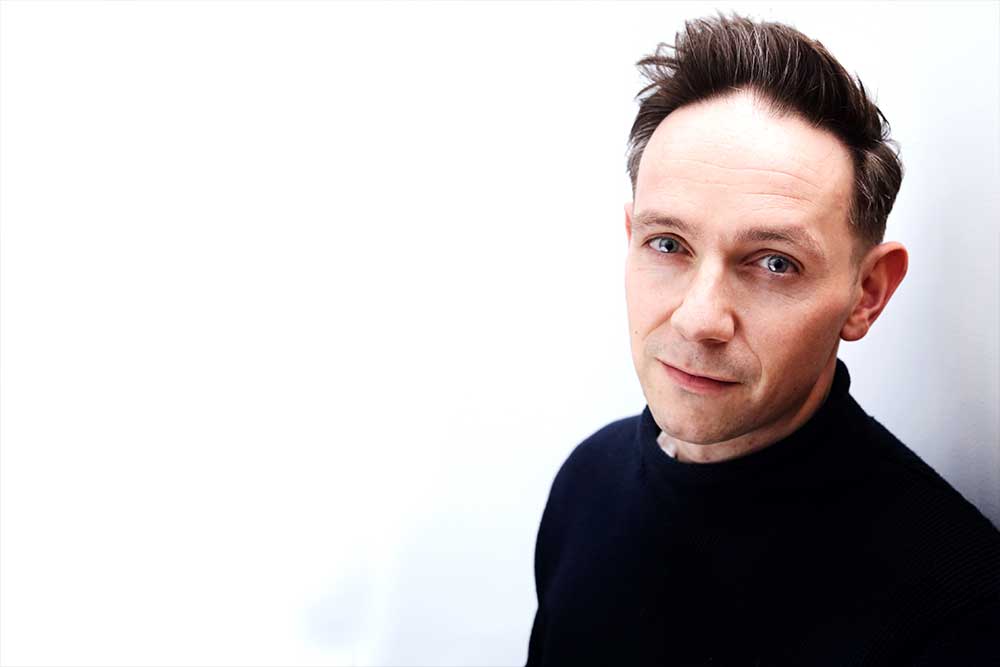


What key moments have made your career?
The foundations are really important to get right. The biggest step was to get an agent, because it launched me from a singer who was working in numerous professional choirs to having somebody say ‘we want you to be an international artist, we have a contact in Zurich Opera who wants to hear you and we’ll definitely get you nothing less than a £1,000 per concert, therefore you can stop doing the choral work’. They also highlighted the issues with performing in a choir on the stage of the Barbican and then the following night being a soloist on the same stage. It’s confusing for the audience, they need to be fed this idea that you’re a soloist. This was a big thing for me. I’ve been lucky to always have an agent who’s interested in the longevity of the career. Many young singers would have been taken on by large agencies in the beginning and then spat out a few years later when they don’t meet their targets, and they didn’t know what their targets were.
As for my recordings, I was very fortunate that Simon Perry from Hyperion records rang me and said, ‘My Mum really likes your singing, she said she’s not going to die happy until I record you. So, begrudgingly, I’d like to work with you’ – and that began my relationship with Hyperion. They’re a great label and well respected.
John Gilhooly of the Wigmore Hall has been a major player in my career. He’s really nurtured me and given me great opportunities. The wonderful thing about John is that he always has one foot in the future and the following at the Wigmore Hall is such an influential one that a couple of recitals on that stage can be very powerful. He knows how to build a career.
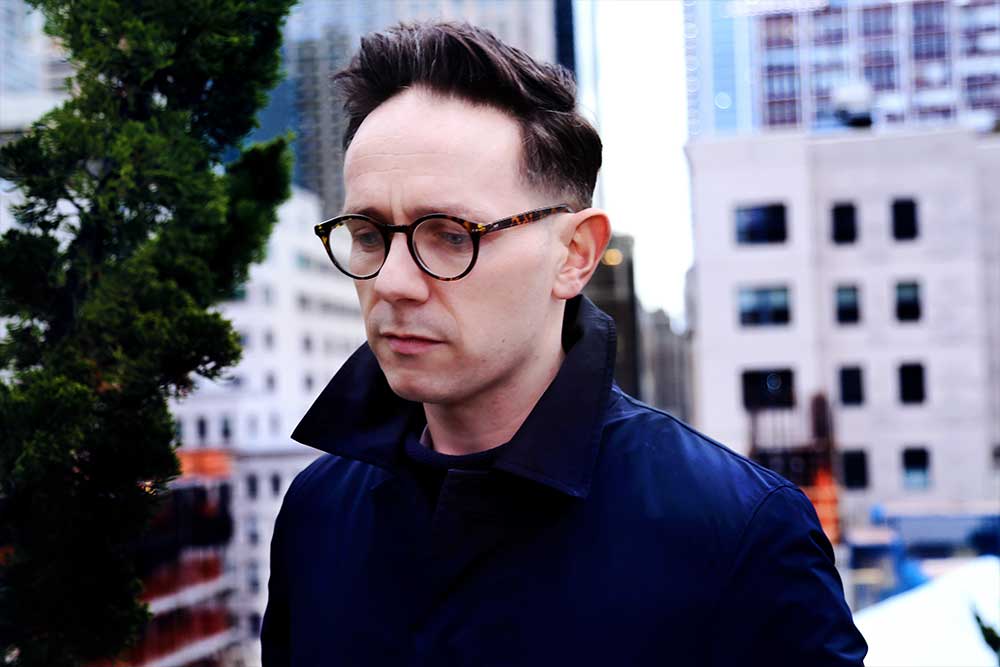

What advice would you give young singers looking for an agent?
My advice would always be to go and meet the person you’re interested in managing you. Because at the end of the day you’ve got to speak to them and get on with them. If you don’t get on with your agent it’s a complete waste of time because you won’t enjoy ringing them. At the beginning of your career you should be ringing them 2/3 times a week at least, during office hours.
When you’re young you’re so happy to have an agent at all, but the issue there is that you’re more likely to get stuck because you don’t want to rock the boat. Small agencies can be wonderful because they’ll remember you every time they’re speaking to somebody. Whereas you might love an enormous agency because of the singers on their roster, but at the beginning you may not get the attention you need. Also, if you’re making mistakes on the job like turning up unprepared when you think you are or not getting on with people, a smaller agency is more likely to communicate that with you, which isn’t nice to hear but extremely important so you can improve. In the bigger agencies they probably won’t notice and then look at the end of year financial reports and remove you because you haven’t made them any money.
For example, I know a singer who has been represented by a large agency for seven years and the agent has never seen her perform live. Now, I can understand how that happens and the singer thought that’s just how it is. The responsibility is on both sides to make sure that things are moving and if they’re not – you need to move. If the agent doesn’t have time to see you perform, they don’t have time to manage you.
Don’t ever send blank generic emails looking for an agent, it’s a complete waste of time, and it sends the message that you’re happy with anyone. You need to write to them individually and tell them why you’ve written to them, tell them you like the career patterns of the singers they represent and if they would be interested in coming to hear you sing. If they come, it’s just a much stronger impression than sending your CV. Of course, there’s a bit of luck involved, but that’s one of the better ways to get there. Always try to ring during office hours, it’s a mistake musicians make generally because our office hours are mostly in the evening.
You should encourage your agent to come to your auditions, even at the beginning of your career. My agent comes to mine, she’ll listen to the audition, and then stay back to discuss future projects with the panel and that’s the sign of a clever agent.
When you’re young you’re so happy to have an agent at all, but the issue there is that you’re more likely to get stuck because you don’t want to rock the boat."

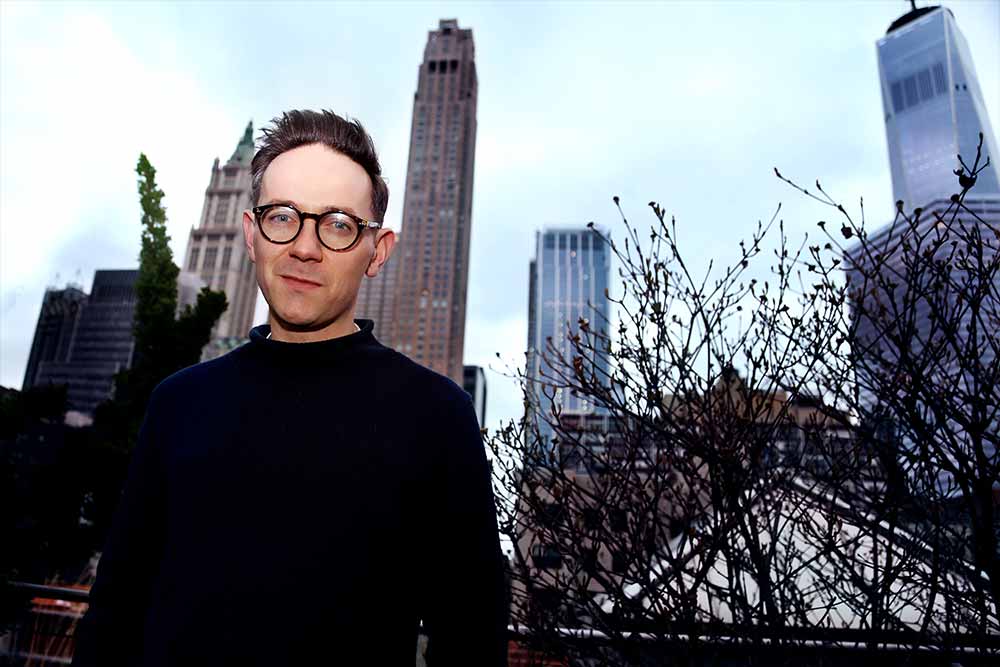

What’s next for you?
I now want to be less at the mercy of an opera company and more about being Iestyn Davies, who happens to be a singer. You can lose your identity in this career because you’re seen as a very specific type of singer. I want to do more of being ‘me’ on stage. I’m really interested in looking outside the perceived boundaries of the countertenor and I’m always looking for new exciting projects. I like the idea of curating my career. It takes many years doing this to have the confidence to say that.
To find out more about Iestyn Davies see: www.iestyndavies.com
All images displayed in this article are subject to copyright.
Share this article


